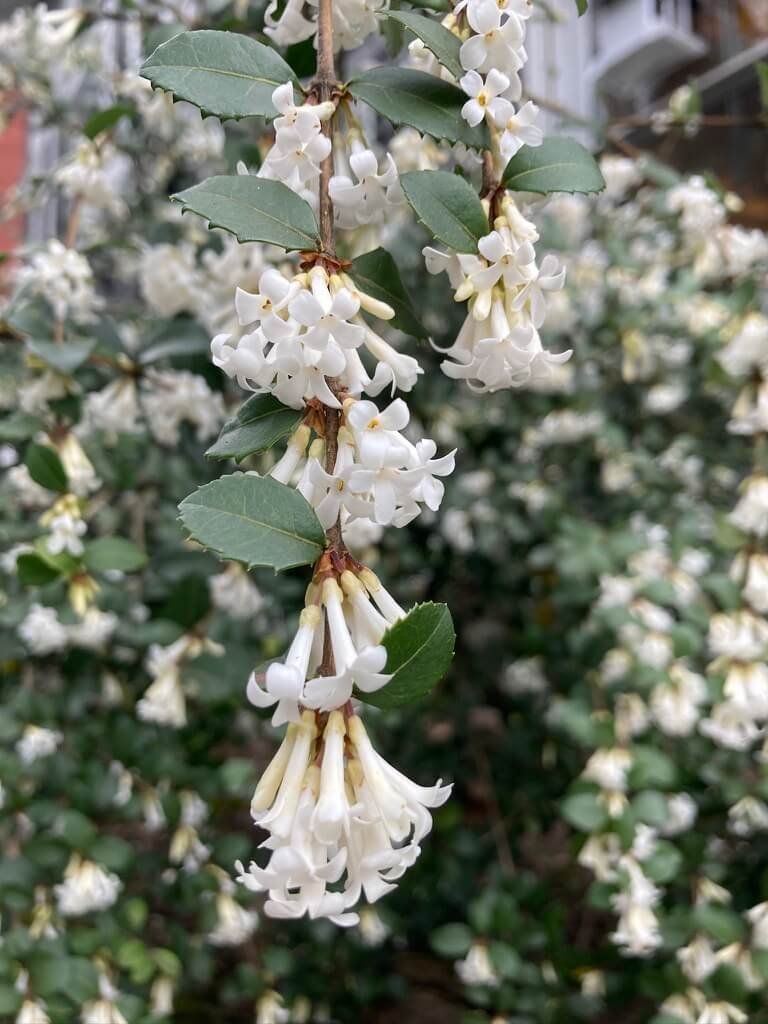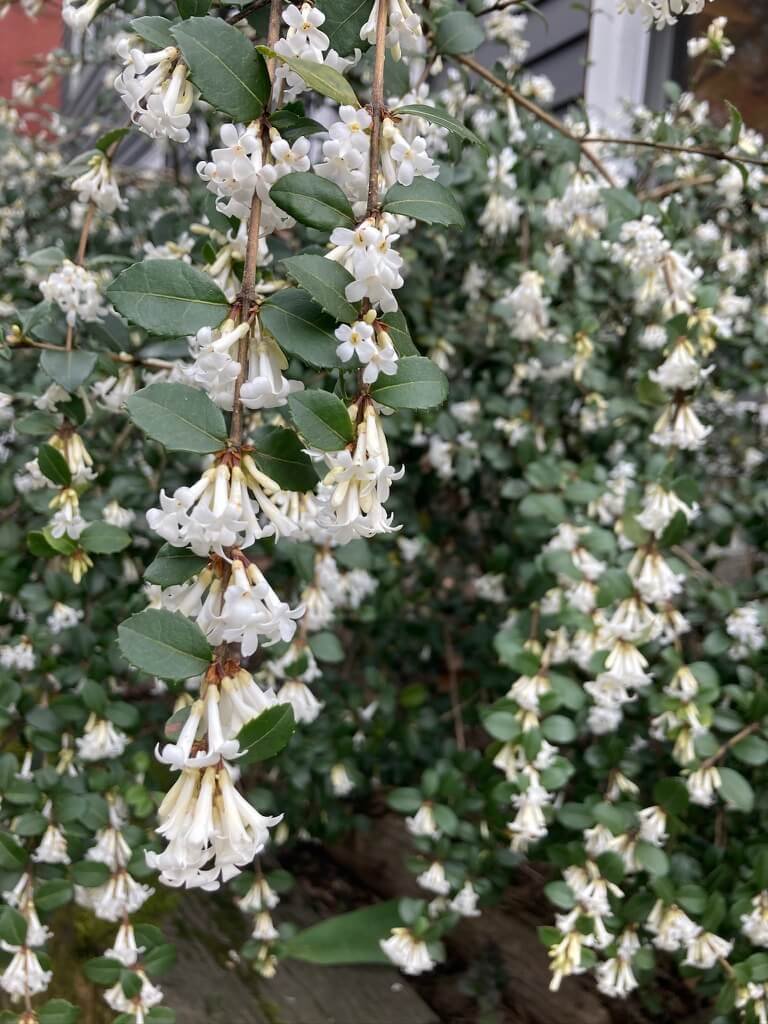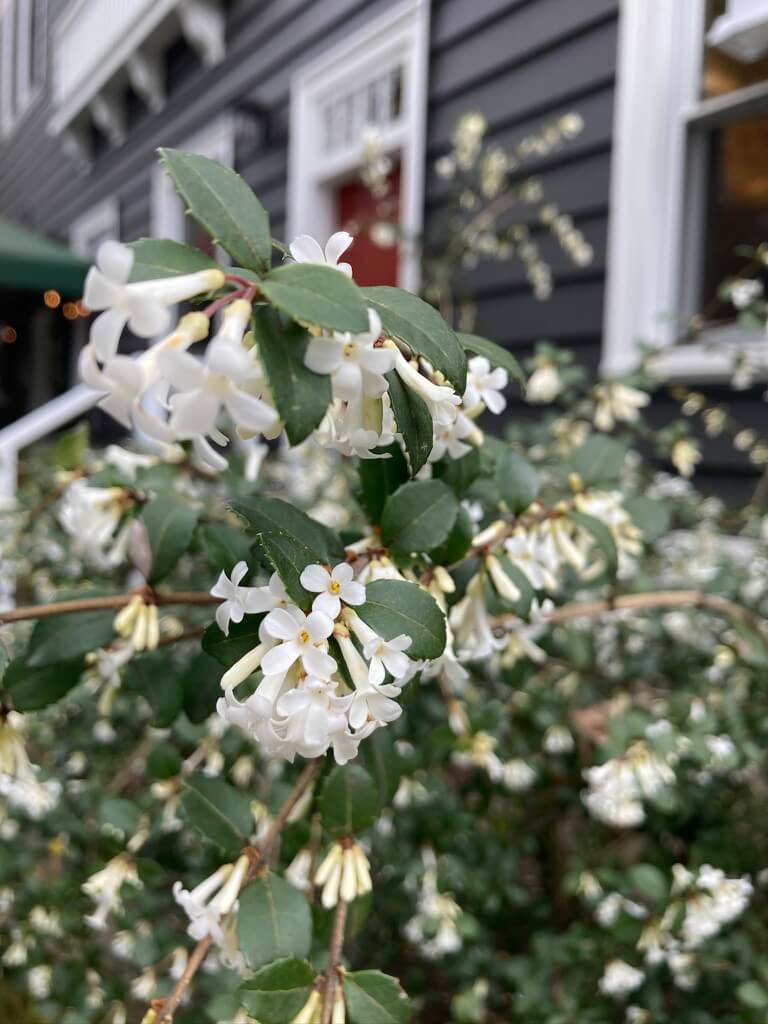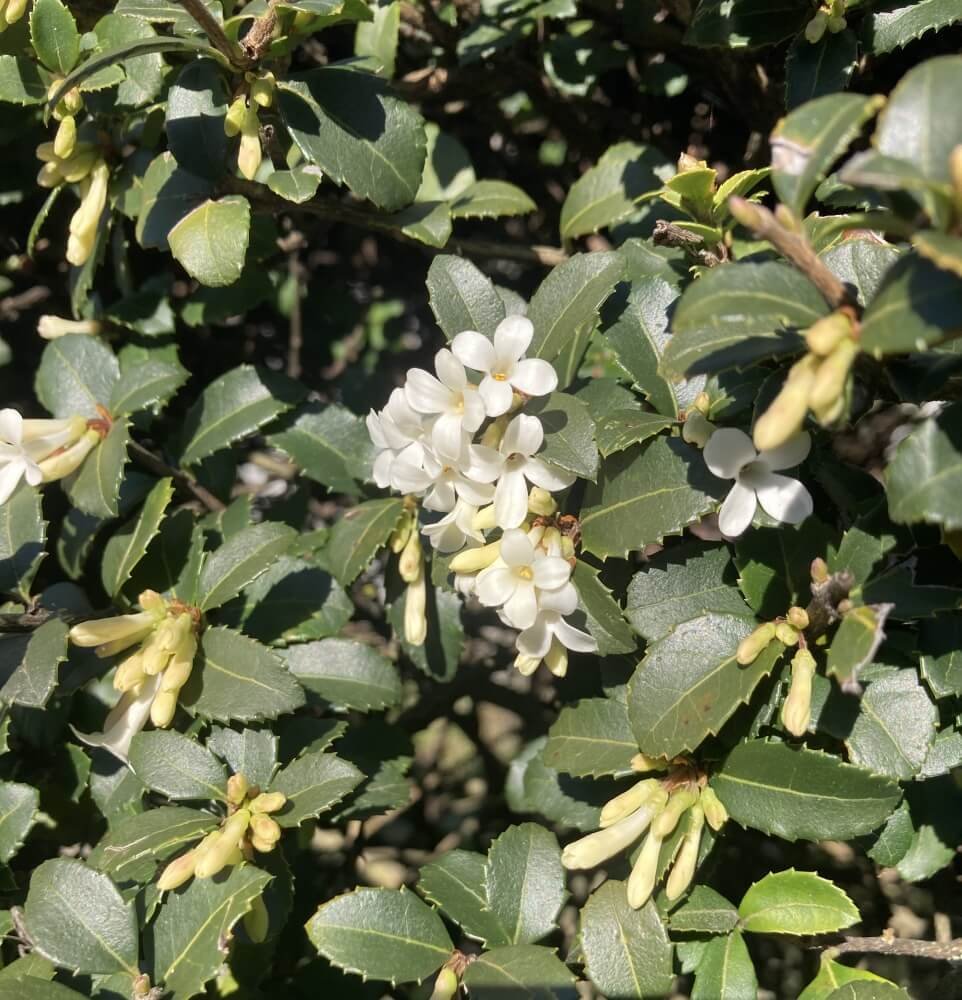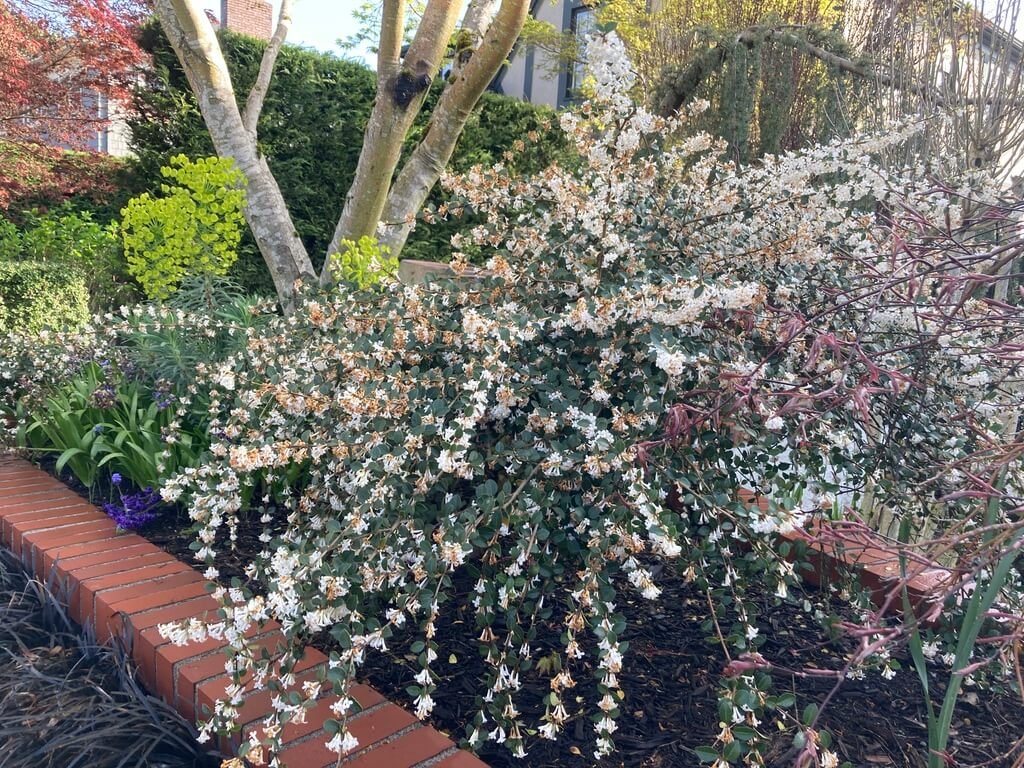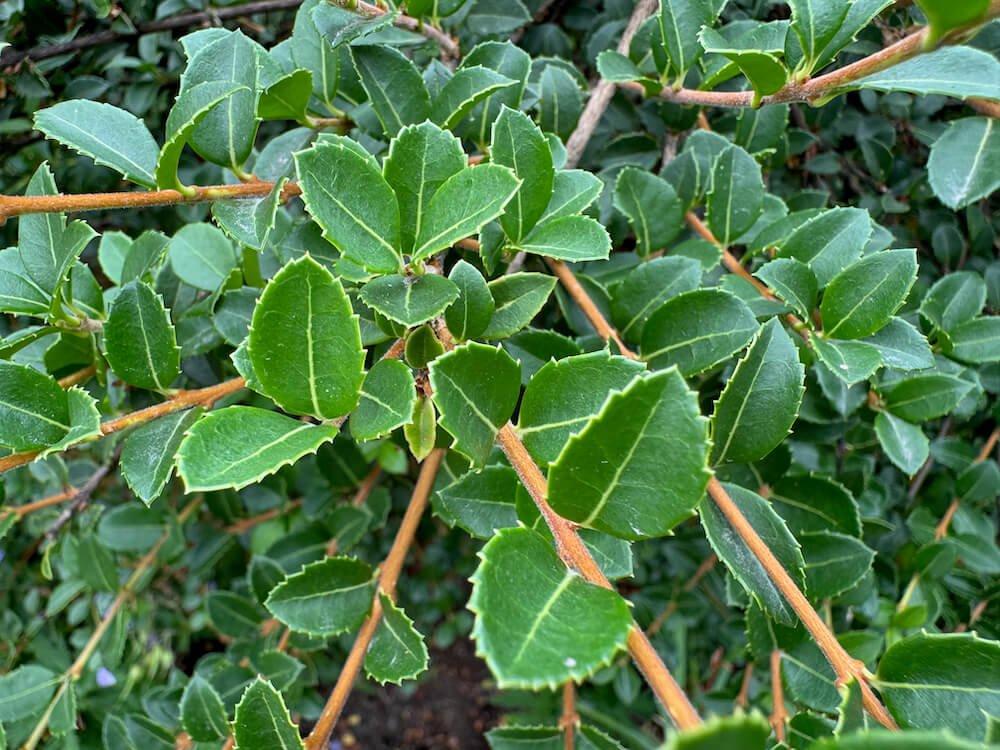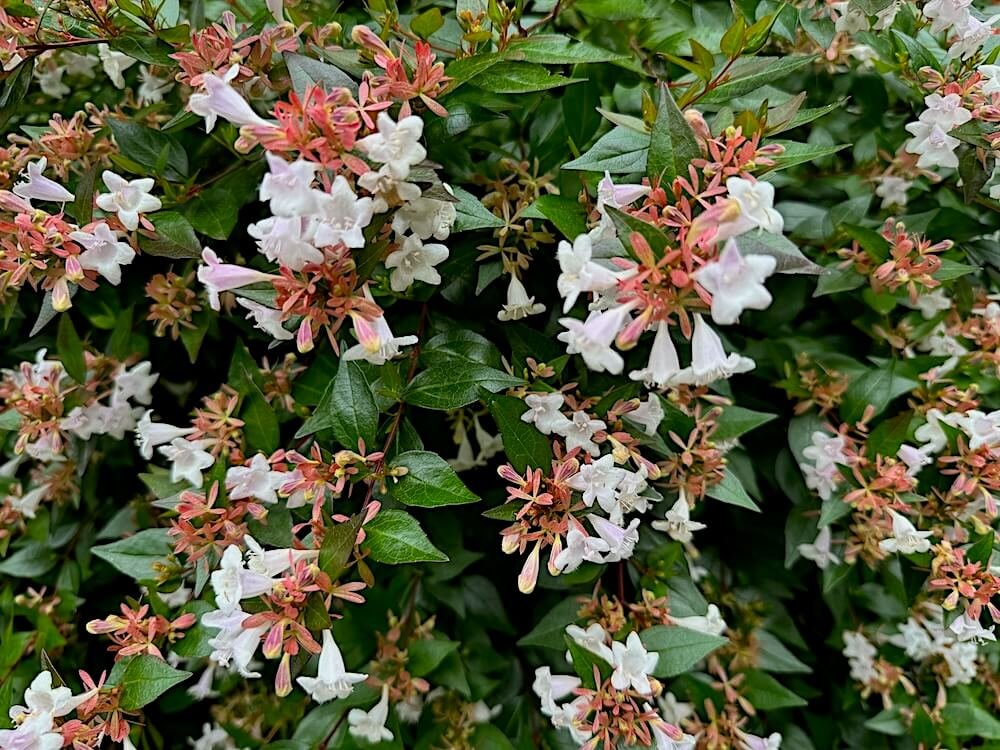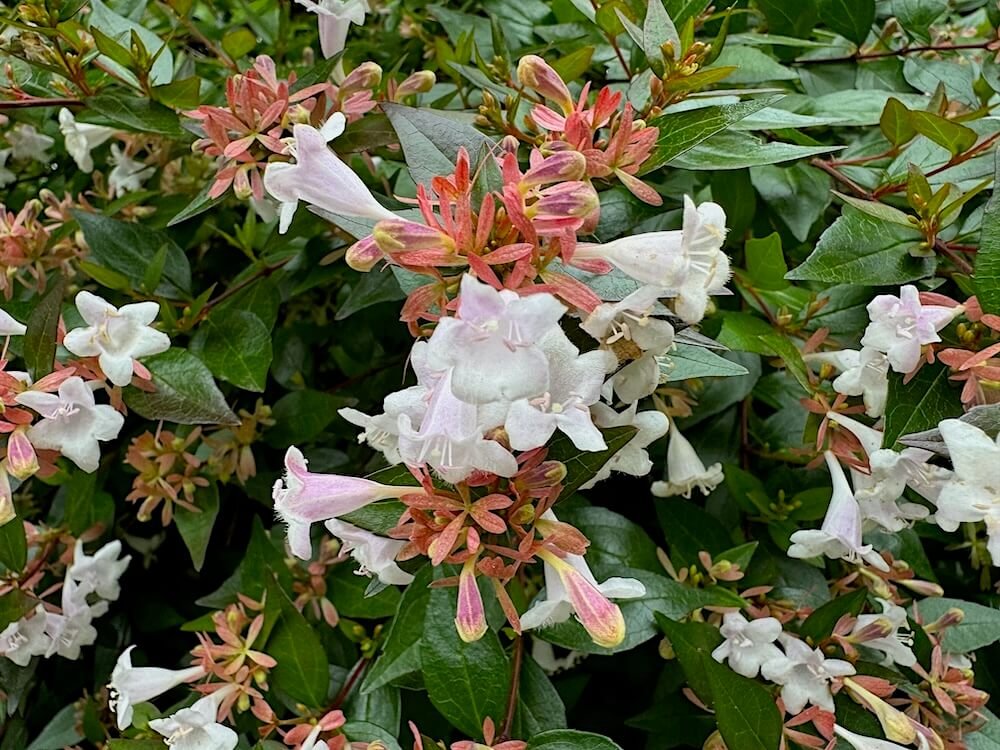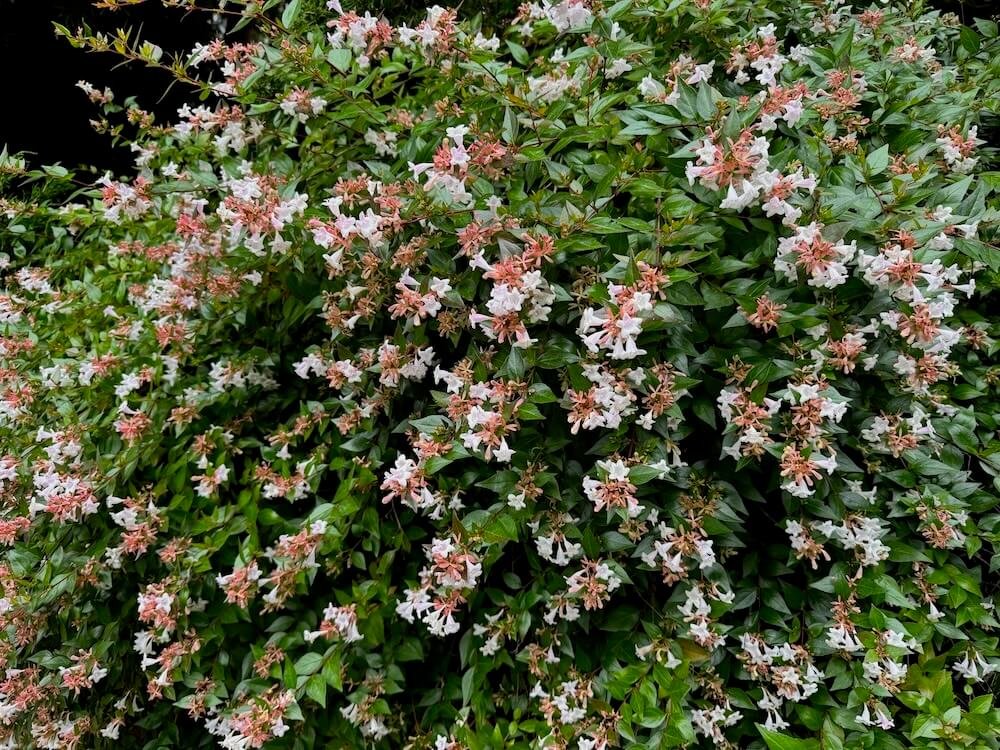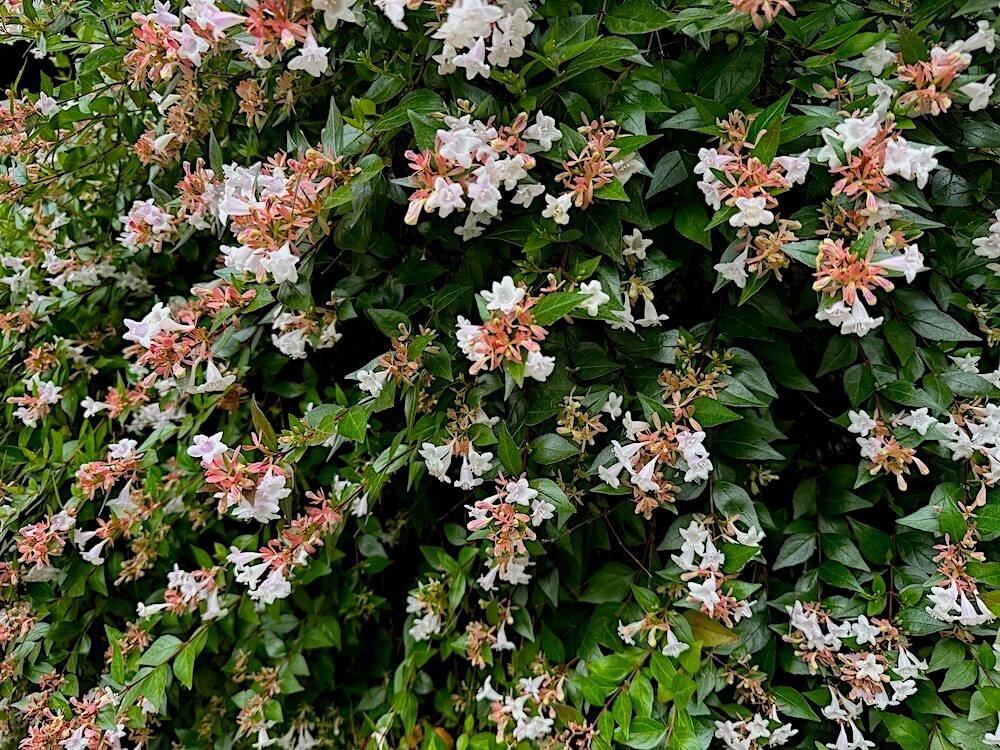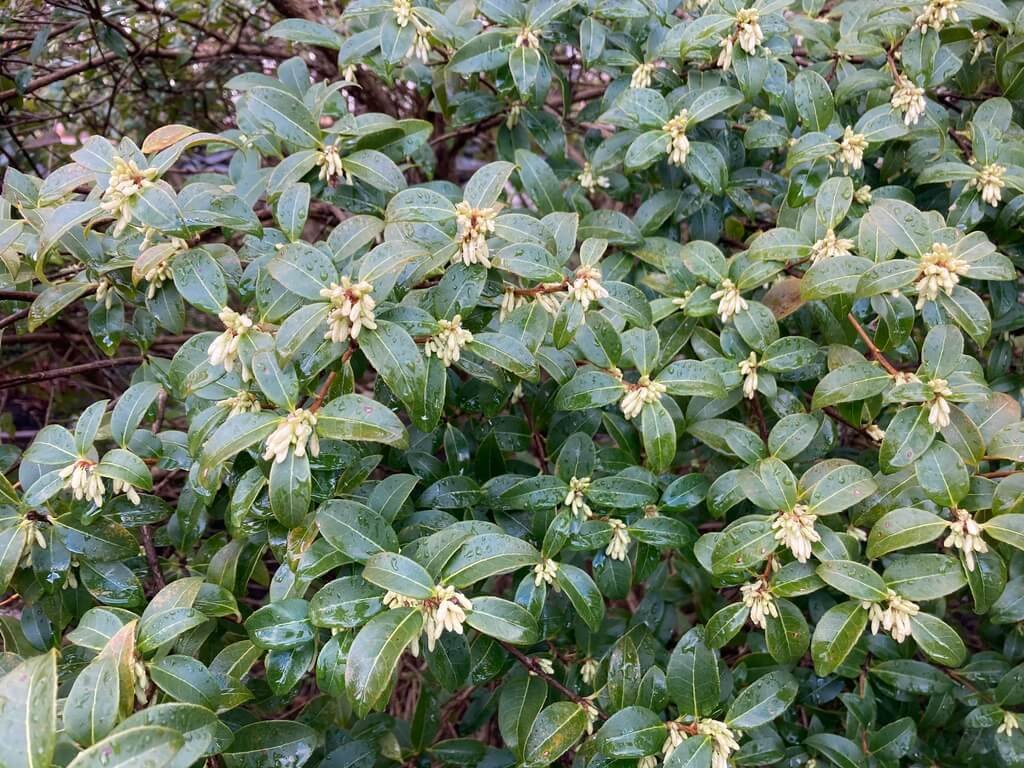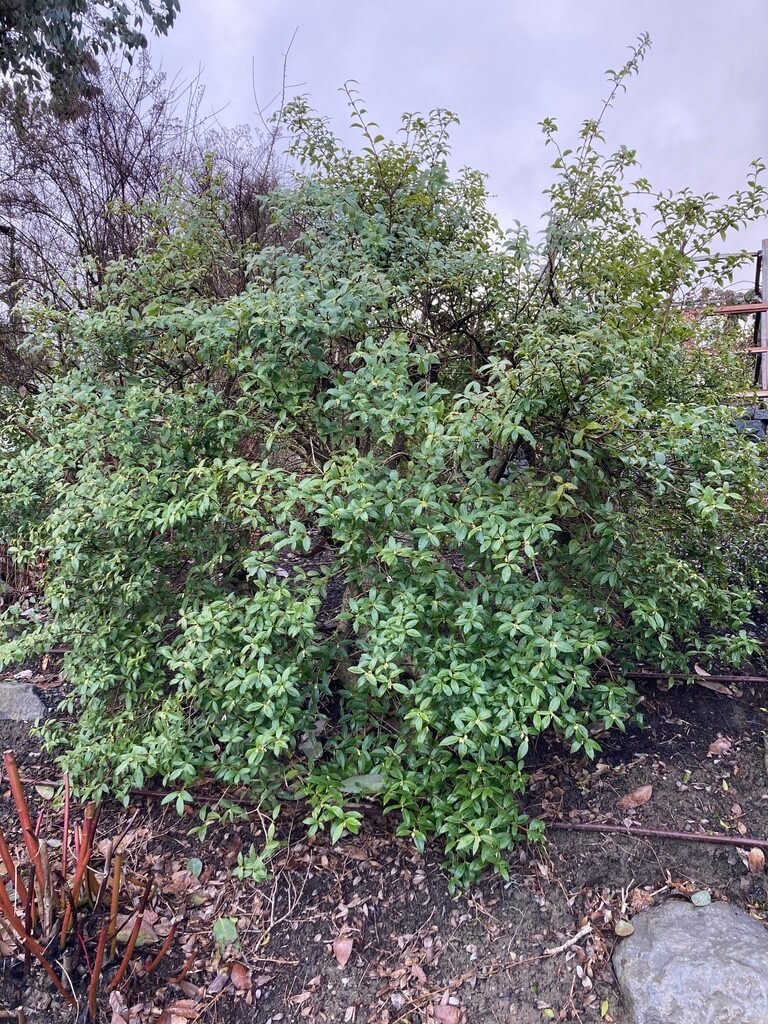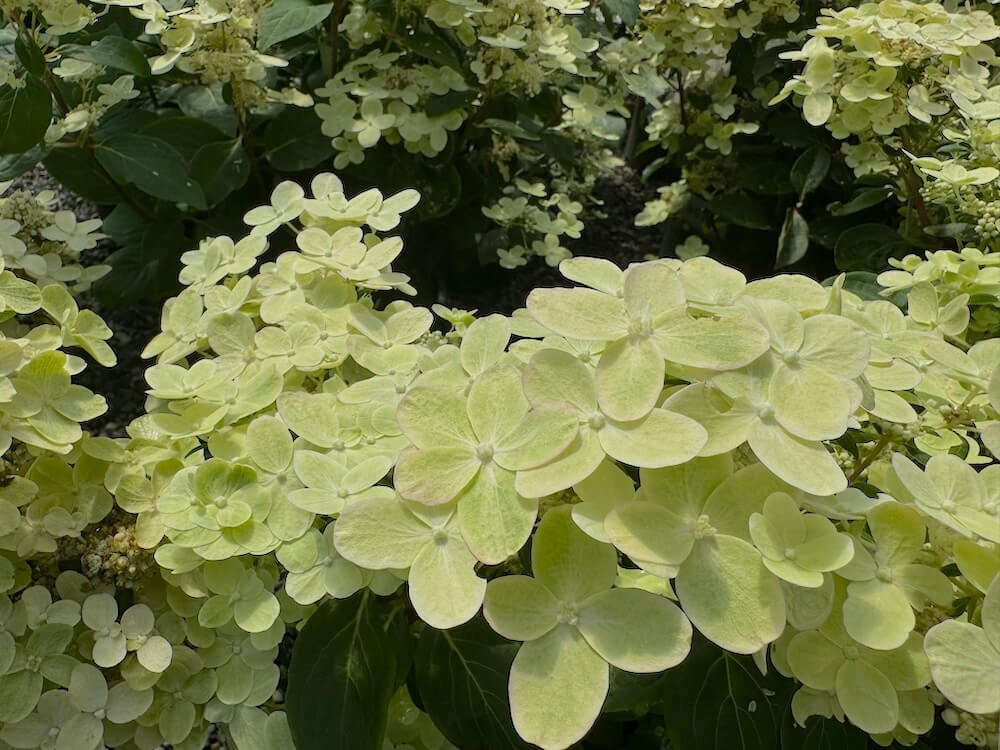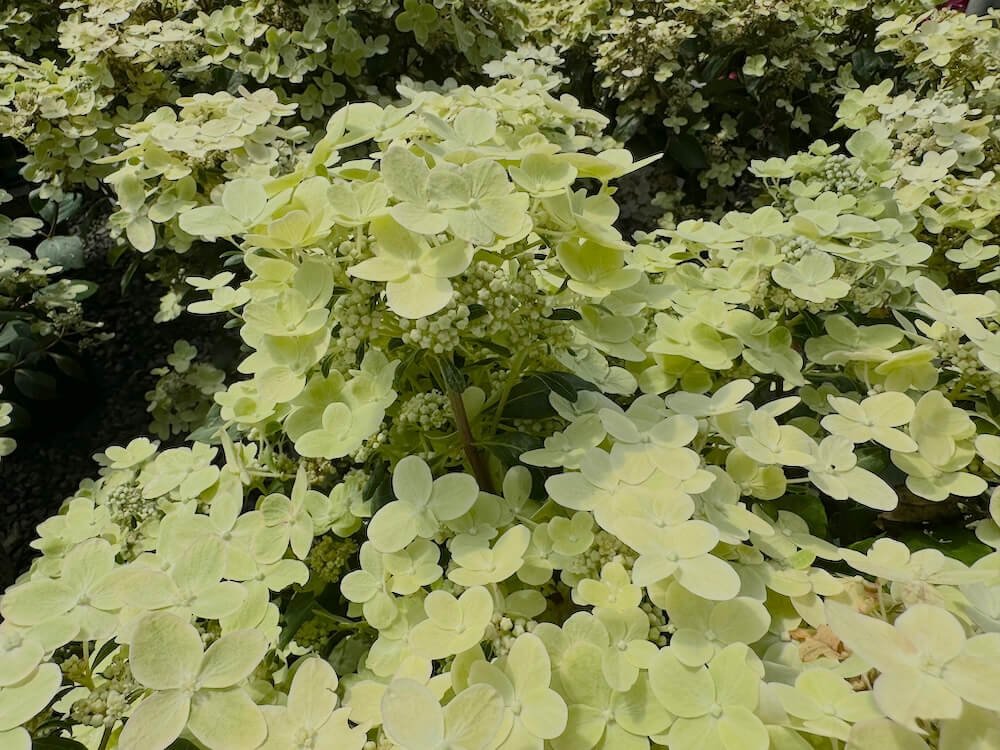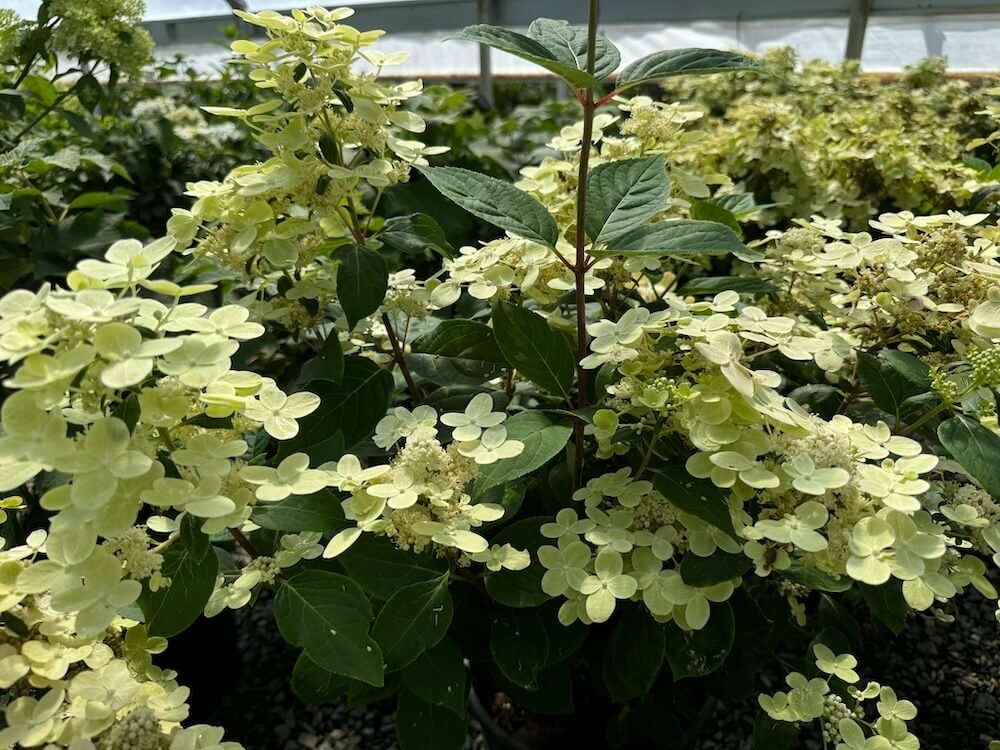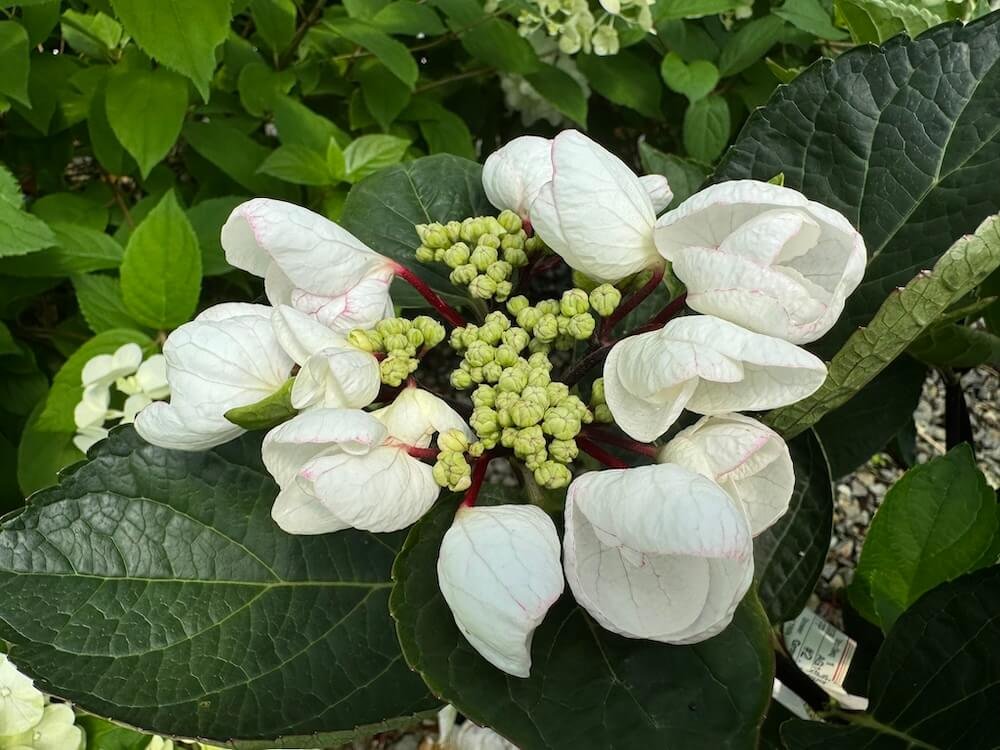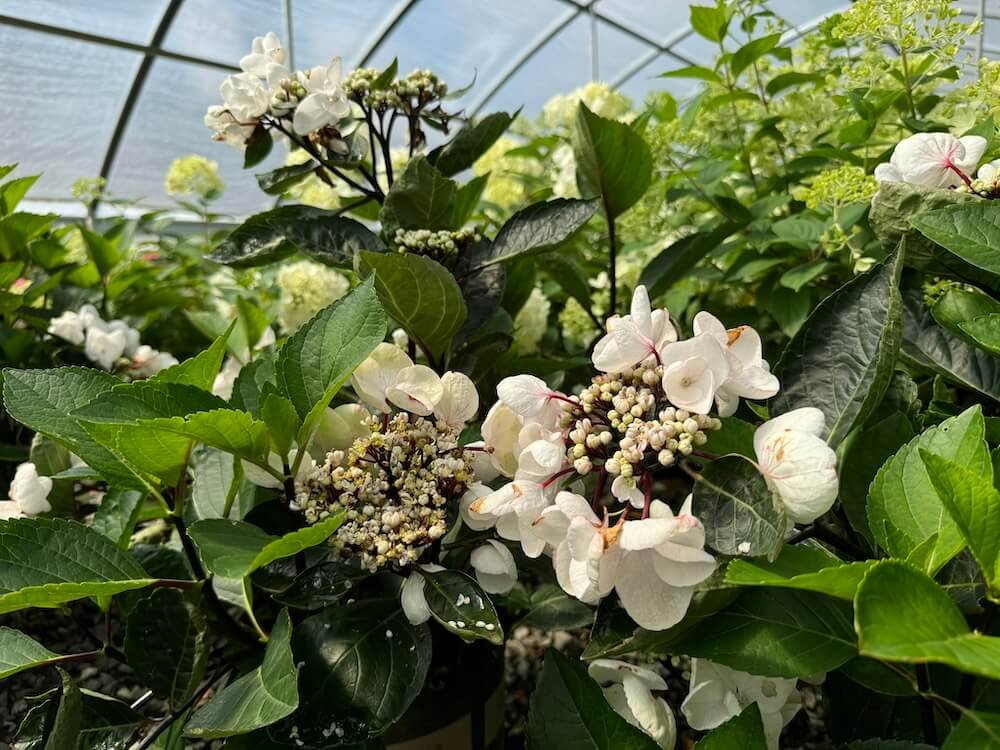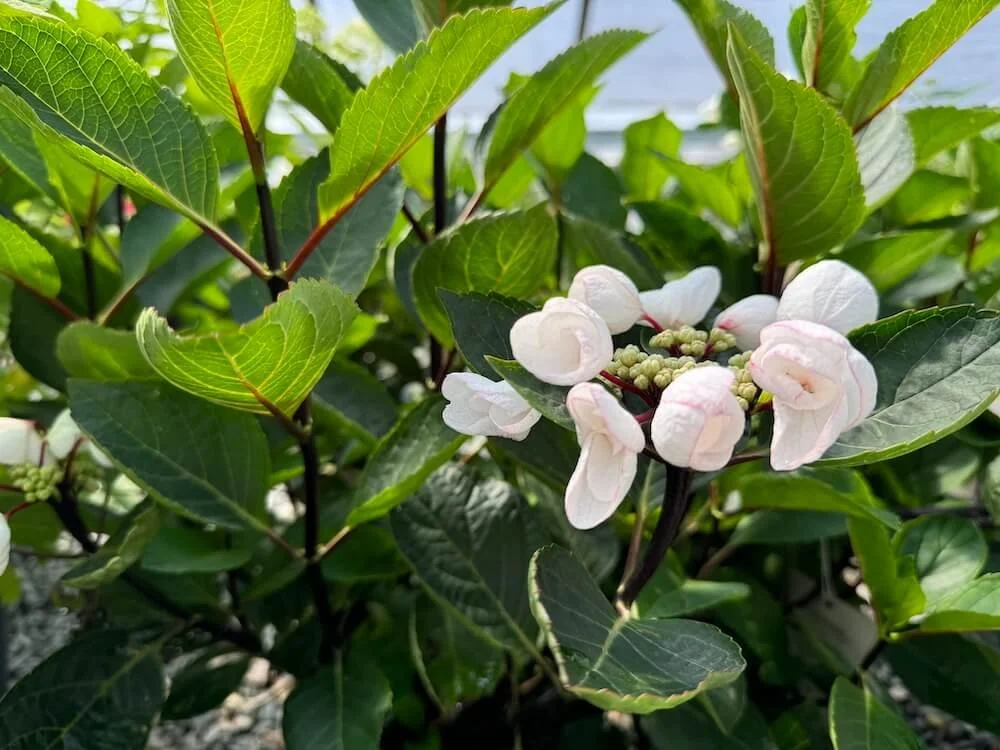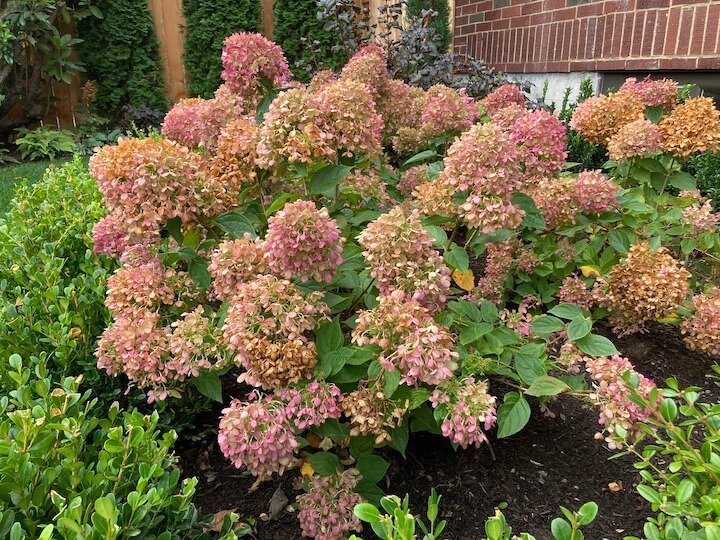 Image 1 of 13
Image 1 of 13

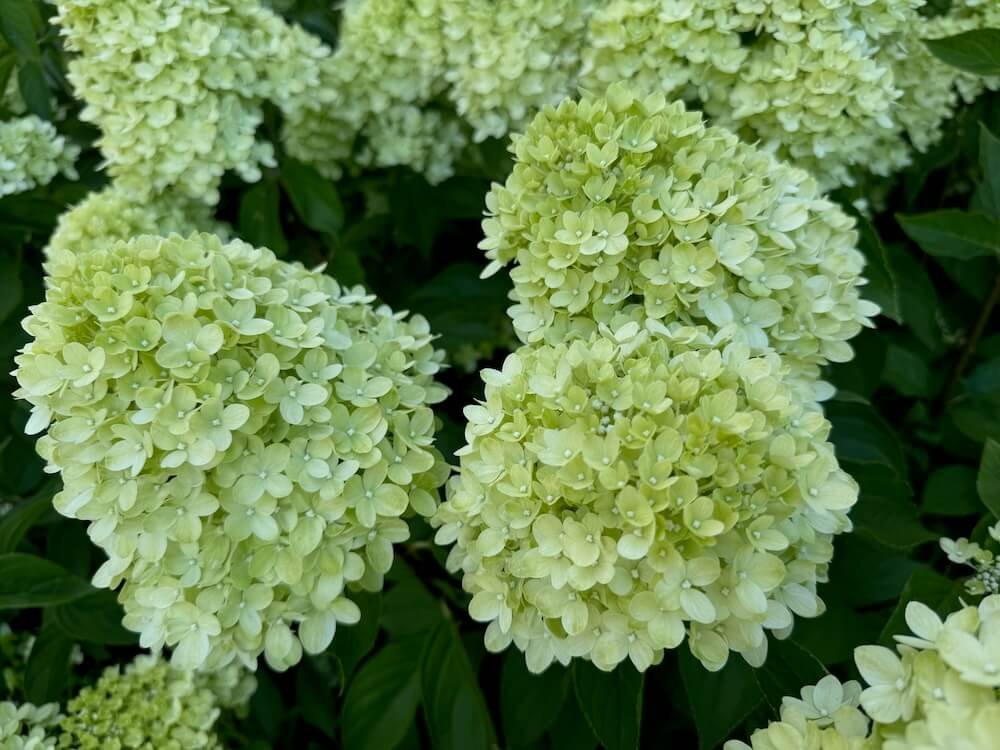 Image 2 of 13
Image 2 of 13

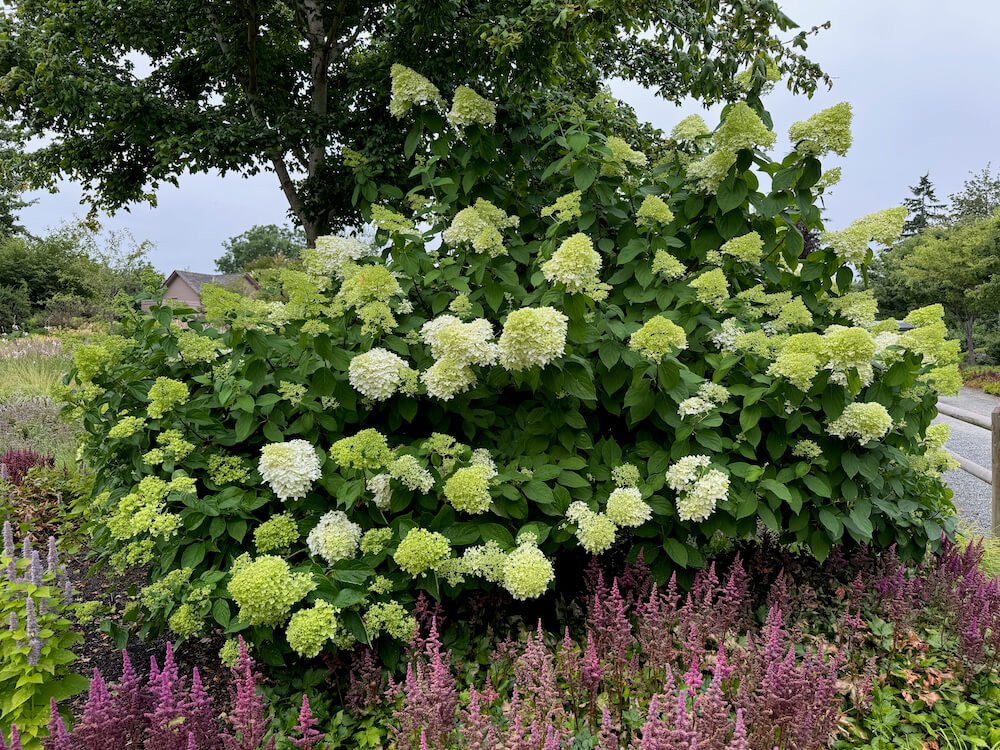 Image 3 of 13
Image 3 of 13

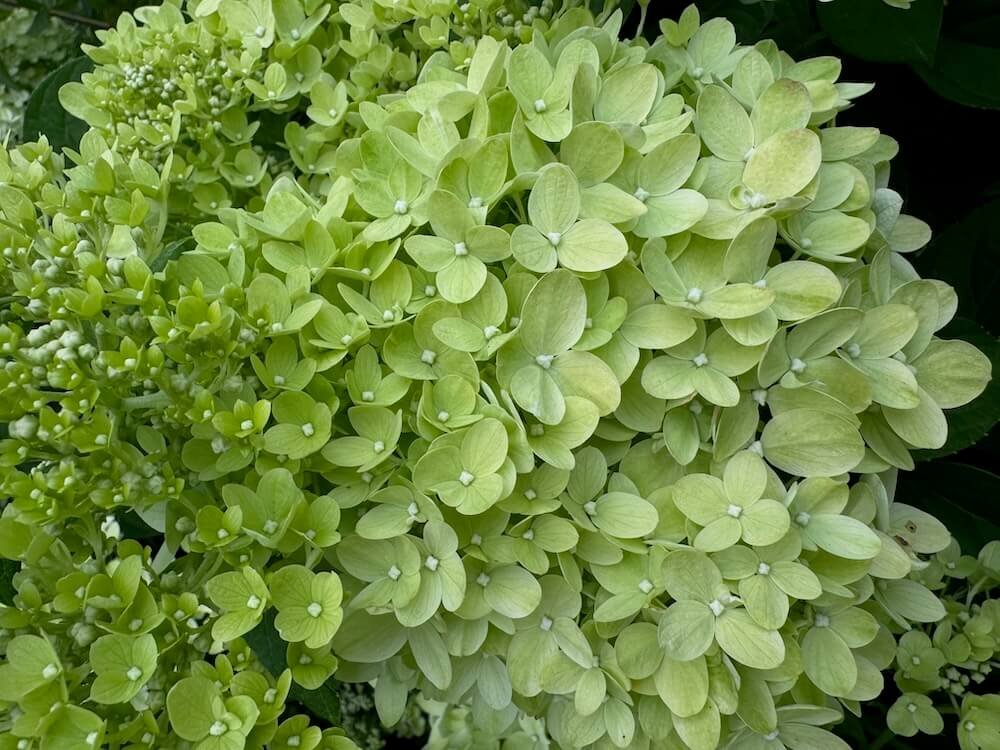 Image 4 of 13
Image 4 of 13

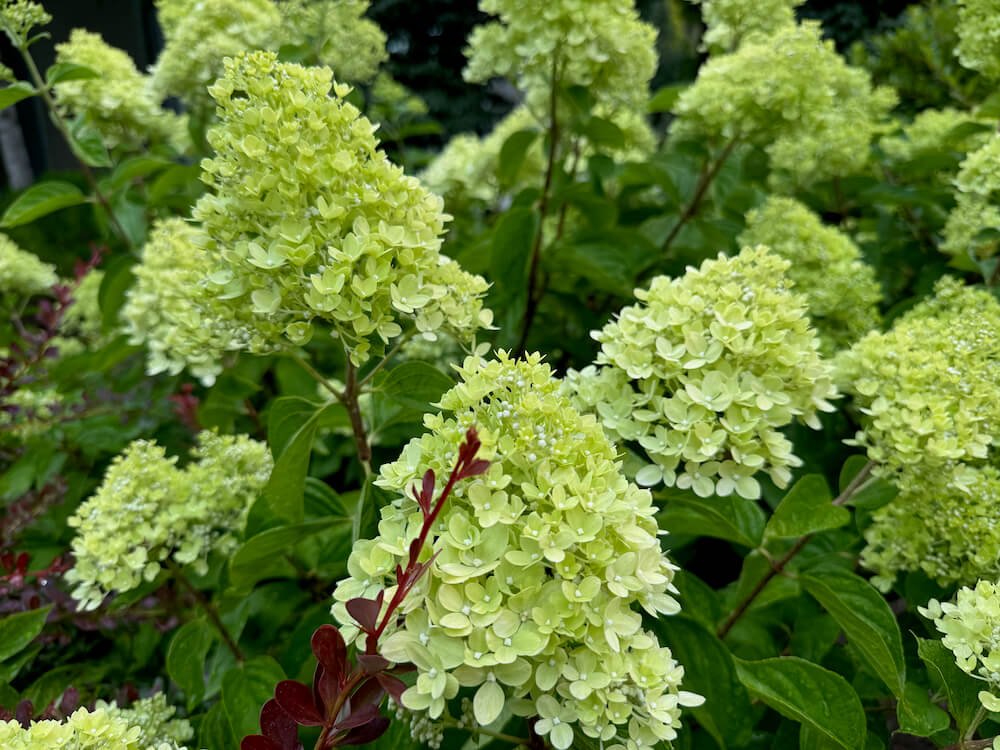 Image 5 of 13
Image 5 of 13

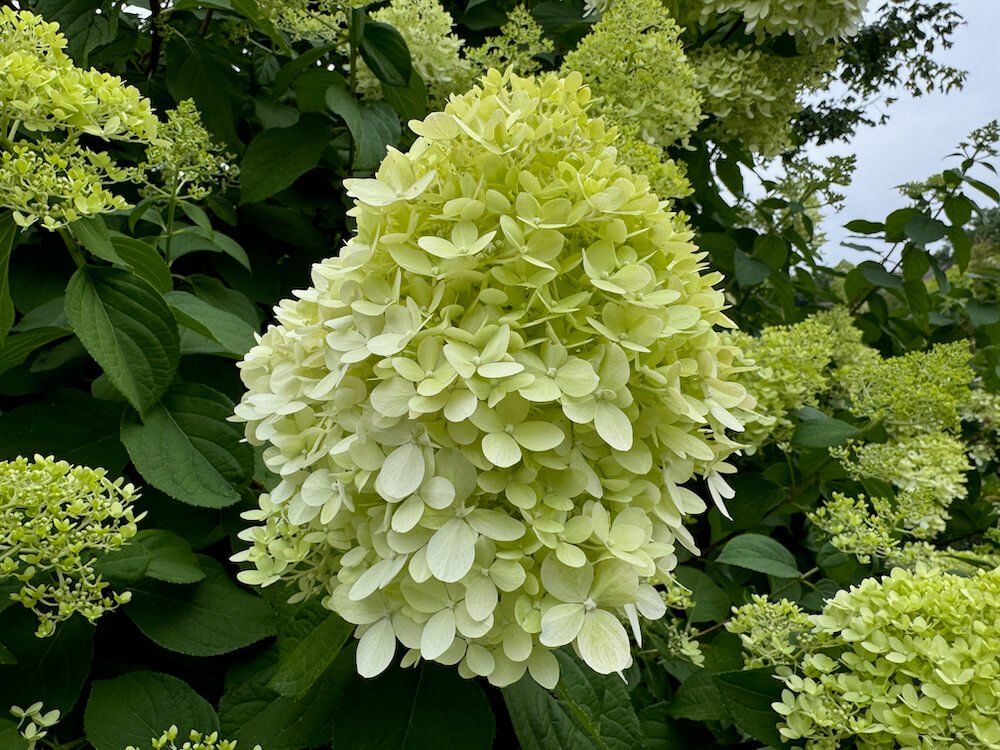 Image 6 of 13
Image 6 of 13

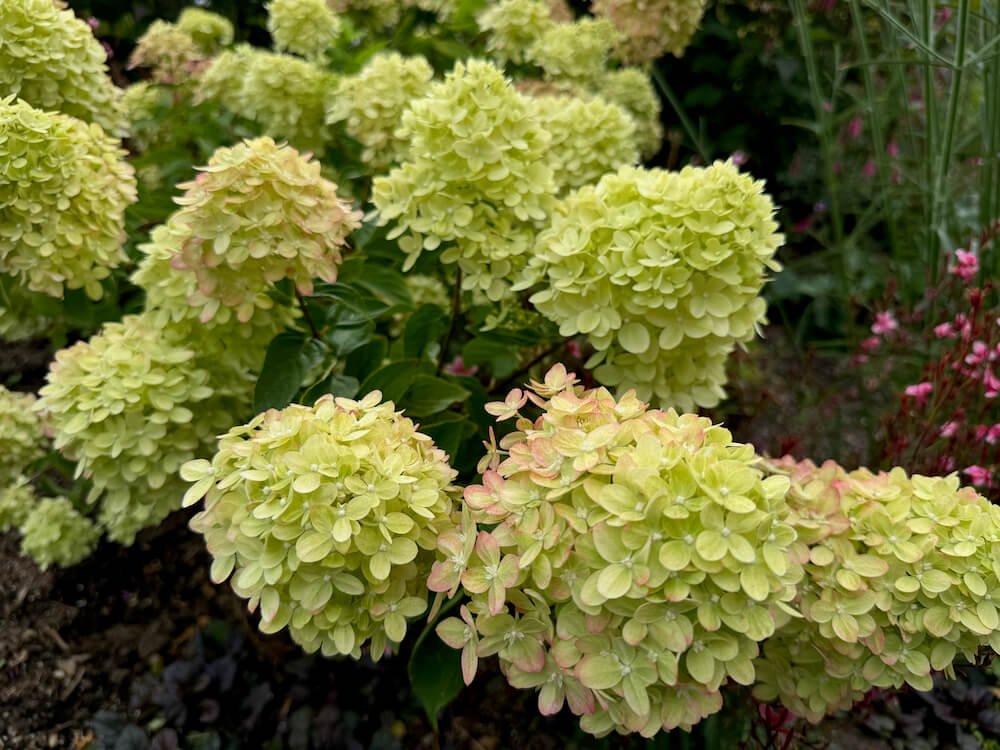 Image 7 of 13
Image 7 of 13

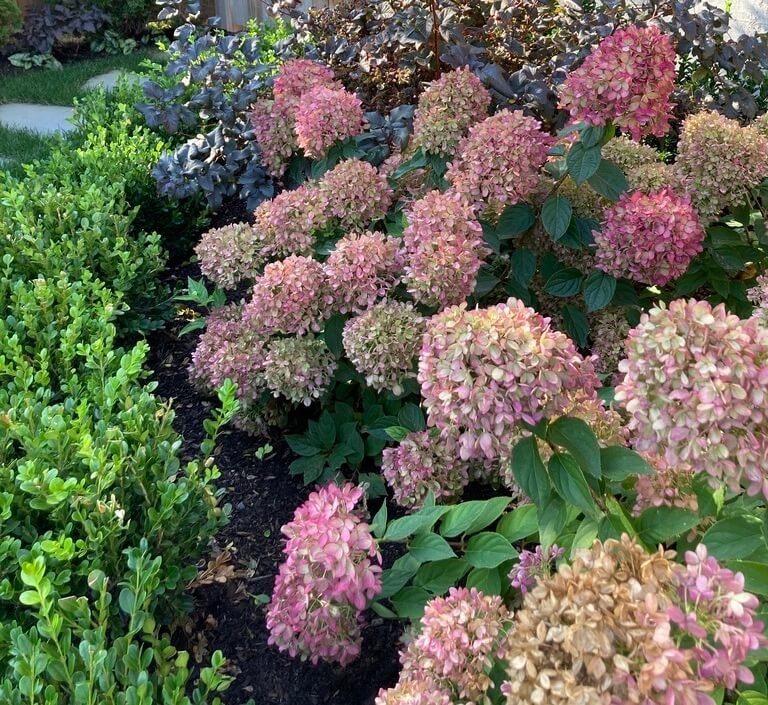 Image 8 of 13
Image 8 of 13

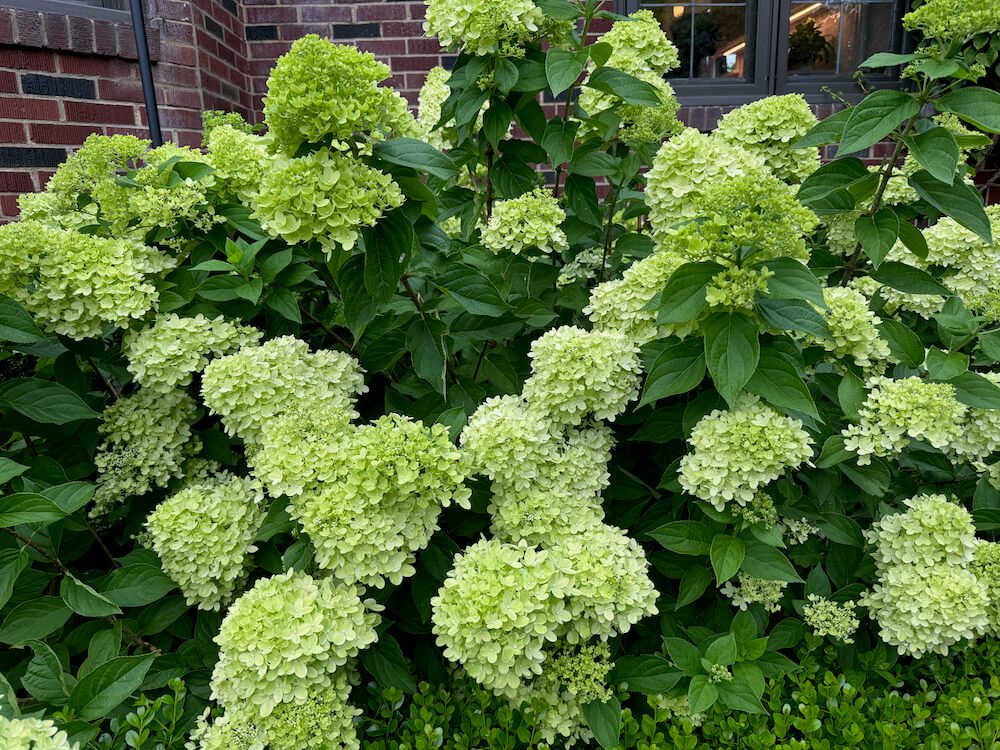 Image 9 of 13
Image 9 of 13

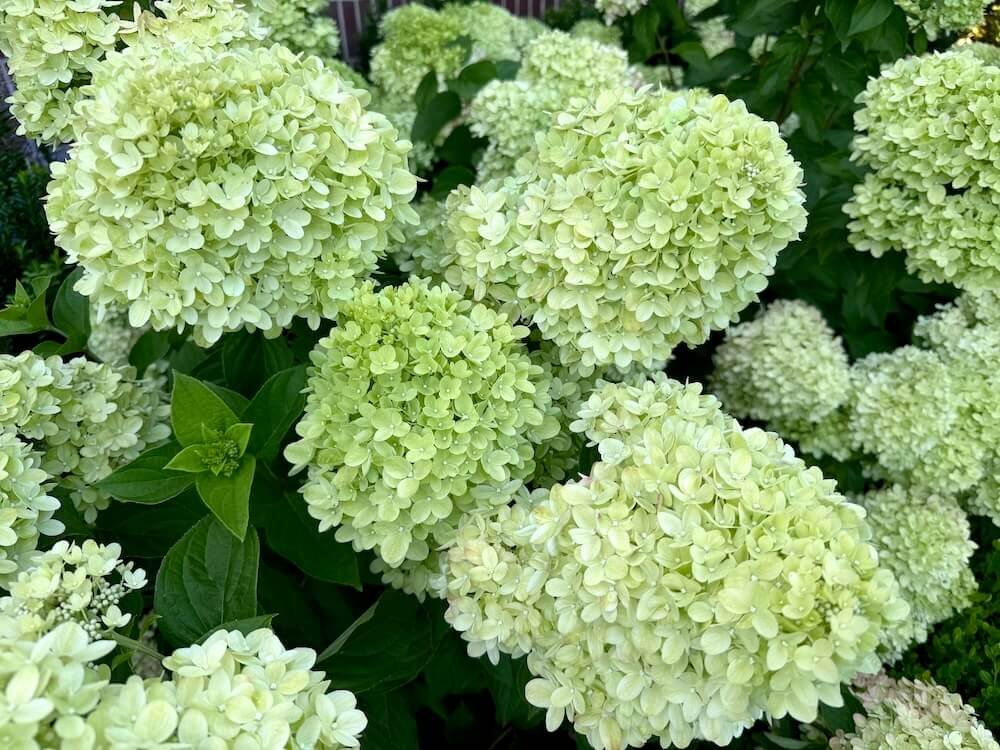 Image 10 of 13
Image 10 of 13

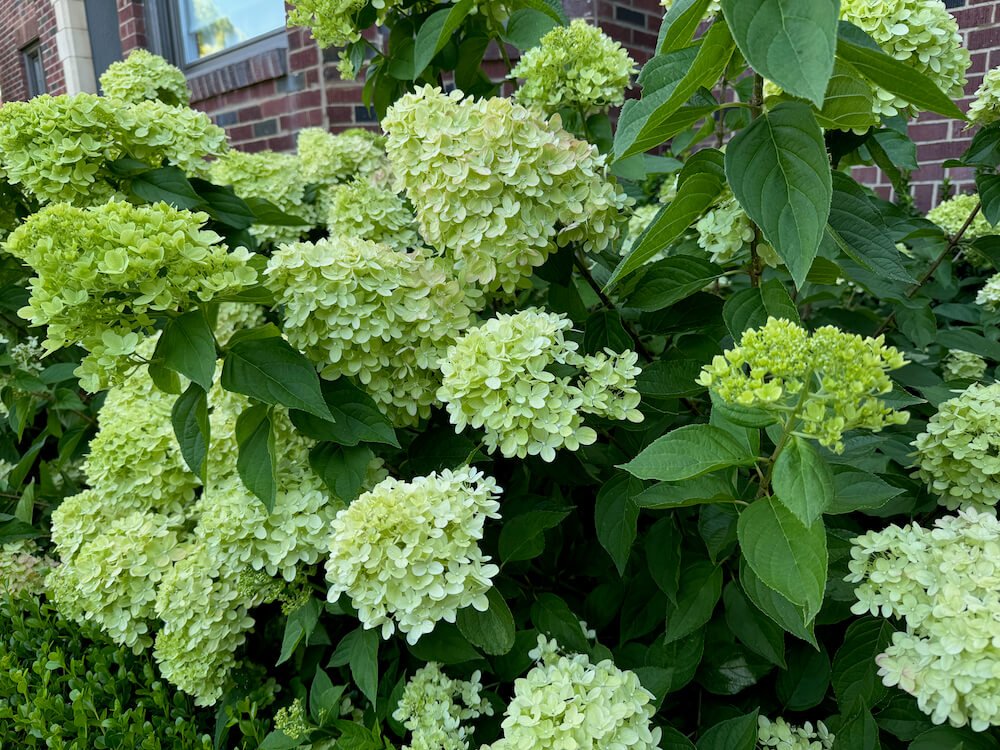 Image 11 of 13
Image 11 of 13

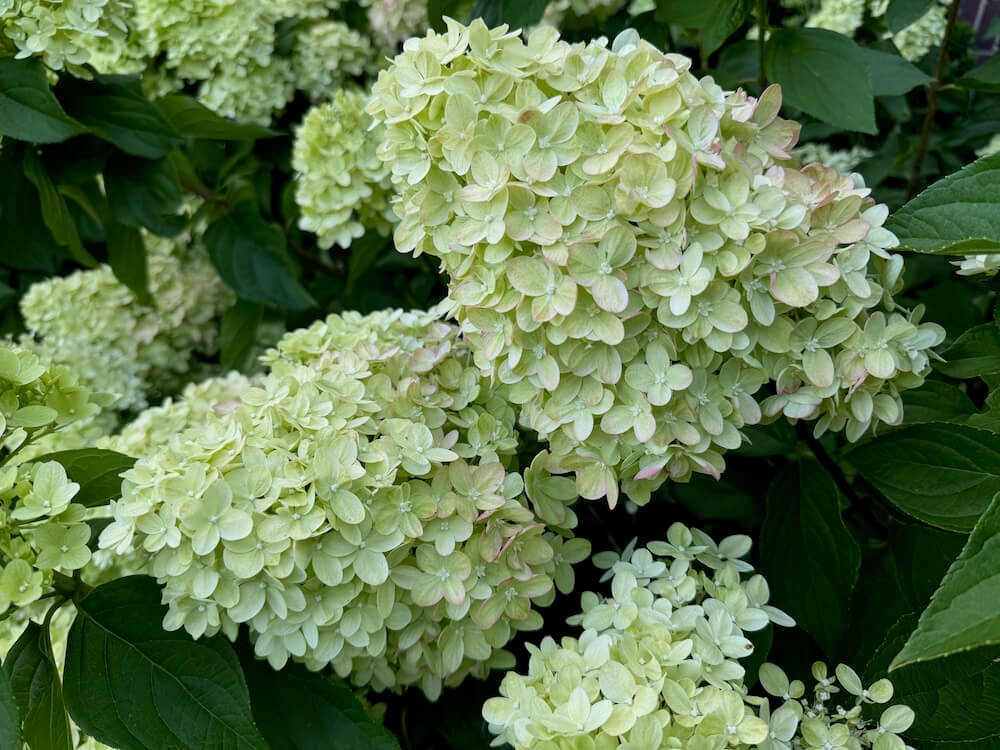 Image 12 of 13
Image 12 of 13

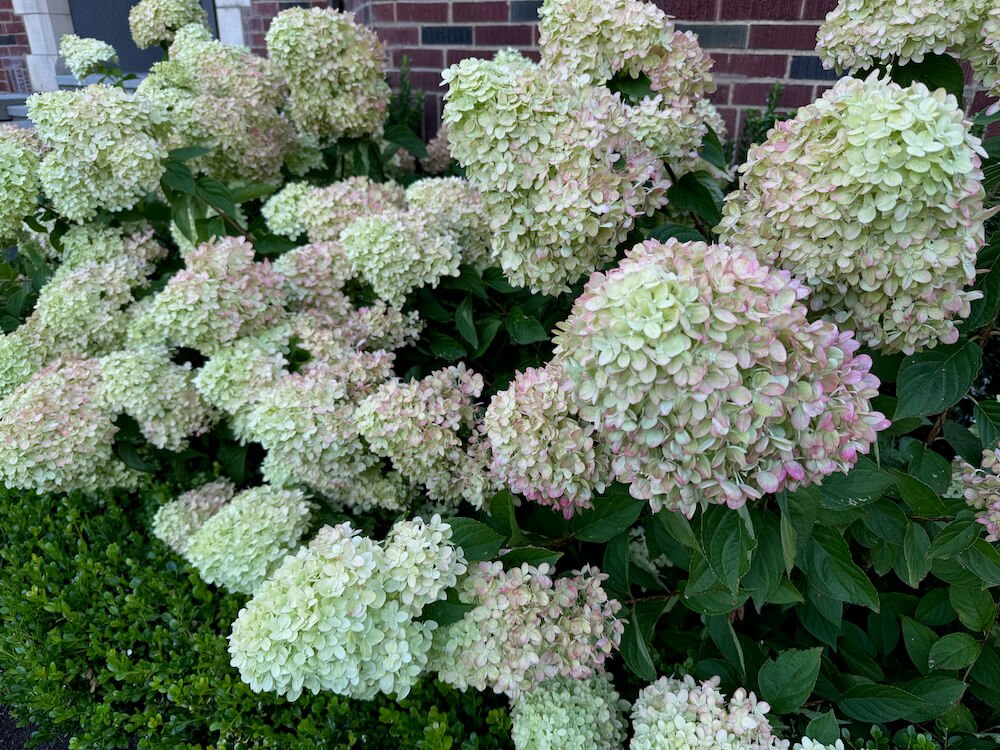 Image 13 of 13
Image 13 of 13














Hydrangea paniculata ‘Little Lime’ | Little Lime Panicle Hydrangea
DESCRIPTION
Hydrangea paniculata 'Little Lime' is a compact deciduous shrub with a rounded, mounded growth habit and medium to dark green leaves. Known for its manageable size, it features cone-shaped flower clusters that emerge in mid-summer and transition from creamy white to pink. Responding well to pruning, 'Little Lime' maintains a tidy form, making it suitable for borders, hedges, or container planting. This dwarf hydrangea adds vibrant color and visual interest to gardens, making it an ideal choice for smaller landscapes.
DESCRIPTION
Hydrangea paniculata 'Little Lime' is a compact deciduous shrub with a rounded, mounded growth habit and medium to dark green leaves. Known for its manageable size, it features cone-shaped flower clusters that emerge in mid-summer and transition from creamy white to pink. Responding well to pruning, 'Little Lime' maintains a tidy form, making it suitable for borders, hedges, or container planting. This dwarf hydrangea adds vibrant color and visual interest to gardens, making it an ideal choice for smaller landscapes.
DESCRIPTION
Hydrangea paniculata 'Little Lime' is a compact deciduous shrub with a rounded, mounded growth habit and medium to dark green leaves. Known for its manageable size, it features cone-shaped flower clusters that emerge in mid-summer and transition from creamy white to pink. Responding well to pruning, 'Little Lime' maintains a tidy form, making it suitable for borders, hedges, or container planting. This dwarf hydrangea adds vibrant color and visual interest to gardens, making it an ideal choice for smaller landscapes.
-
Family: Hydrangeaceae
Height: 3 to 5 feet
Width: 3 to 5 feet
Foliage Color: Medium to dark green, deciduous
Flower Color: Creamy white transitioning to shades of pink
Bloom Time: Mid summer to September
Light Requirements: Full sun to partial shade
Water Requirements: Average
Maintenance: Responds well to pruning
Growing Zone: USDA Hardiness Zones 3 to 8
Wildlife Attractors: The hydrangea blooms can attract butterflies and other pollinators, adding to the garden's biodiversity; the dried flower heads may also provide some winter interest for birds seeking seedsThis plant can be seen in the perennial border and the urban meadow at the Bellevue Botanical Garden.

